You can learn a lot about yourself from recordings"”particularly videos. I typically look forward to giving recitals every now and then. I recently gave a monster solo recital: after all the dead space and intermission was edited out, it was 94 minutes of music, half of it memorized. I was pleased with it, overall. But it wasn't flawless. One piece I was DETERMINED to perform brilliantly was Sarasate's Carmen Fantasy. It's really fun music, not to mention it was my dream piece in college. I practiced and practiced and practiced, nearly every day for months, until the recurring comment from the peanut gallery [my kids] whenever I got to a slight breath of silence in the music, such as a quarter note rest, was, "Are you done?"
I had nailed the whole thing a couple of times in my preparation. But in looking at a video of the crucial performance night, I noticed an interesting change in my face from the rest of the program, as the pianist played the opening notes of the introduction"”a deer in the headlights kind of look. . . . Granted, it's a tough piece. My friend in the Utah Symphony and another friend with her doctorate in violin performance both referred to the Carmen Fantasy as a "beast." But I believed in myself. I had strategically programmed it at the end, so as to hopefully leave a last impression of impressiveness.
Yet there was no denying upon seeing my mood written clearly on my face, recorded for all time, that I wasn't just uncomfortable with the piece; I was actually afraid of it! Maybe more so because I had played it so much, so I knew all the places where it could fall apart! I had heard that Richard Elliott, famed Tabernacle organist, once said, "If you're not at all nervous, you haven't practiced enough." There were inadvertent mistakes made in the actual performance"”probably only about eight to ten measures of memory lapse. But that was more than enough for me! The recording engineer, like me, a self-proclaimed perfectionist, pointed out, "It's never as bad as you think." And the audio portion, for the most part, did seem pretty decent. But the video told a different story. In fact, in watching myself, I could still feel the anger I was feeling at times: the anger that only comes from "botching" something you've invested yourself into so deeply!
Seeing my expressions reminded me all too clearly of exactly how I felt in a relationship I had had once upon a time. For privacy purposes, I'll change the fellow's name and refer to him as John. From the first second I laid eyes on him, I was completely smitten (much like I was when I first laid ears on the Sarasate). Over the course of the 11 dates we went on (yes, I counted), I was just expecting the inevitable"”for him to break up with me"”because I felt I had finally met my match and it was almost certainly too good to last. I felt similarly about the Carmen Fantasy"”like it was too amazing for me to be able to make it stick.
After the breakup with John, even though I had expected it, as time went on, I was heartbroken! And frustrated and angry at myself for mistakes I made, like getting too personal about my life too quickly: the reasons that "must have been" why he broke up with me. But in all honesty, I knew I had never been completely comfortable in the relationship anyway! I felt like I always had to be at my very best when I was with him to try to impress him. I could never make a mistake!
Playing the violin is the same way, sometimes. It shouldn't be! But it is. Take performing Sarasate: I should have exhibited joy and a sense of fun in my performance. But I was clearly uncomfortable. Similarly, I was mad at the mistakes I made the night I performed it. These were raw and real emotions. I had invested so much of myself into this piece, almost like it was a relationship! I wanted it to be perfect! (Did I mention I'm a perfectionist?) Normally, when I mess up in a performance, I feel embarrassed, but this type of mistake went further than that, because I had worked so hard. My mistakes "shouldn't have happened" like that! My triumph seemed to be slipping through my fingers like sand. In a way, I was angry that I had met my match and it was too good to be true.
But despite the anger I felt at botching those few passages, I am pleased to relate that most of the concert turned out very well. I wish I didn't wear my worried heart on my sleeve at the wrong moments. However, in the right moments, I am glad that I'm a sensitive person and can show my expression to others! Sometimes I could feel the music lifting my spirits and healing my worry, letting a little extra light into the room.
Here's to more performances and enjoying them and not feeling like they have to be flawless to be inspiring! The irony is, we can all triumph despite frustration! For example, for some miraculous reason, I didn't have to be flawless for my husband, but he loves me dearly anyway. There will be more performances. But I don't have to look any further for love! When my hubby played "The Search is Over" by Survivor on his phone at the dinner table tonight, I felt happy and at peace. Aren't we lucky that our mistakes don't disqualify us from the blessings or"”dare I use the comparison?"”from the music of a wonderful life . . . full of angst, but equally importantly, full of beauty?
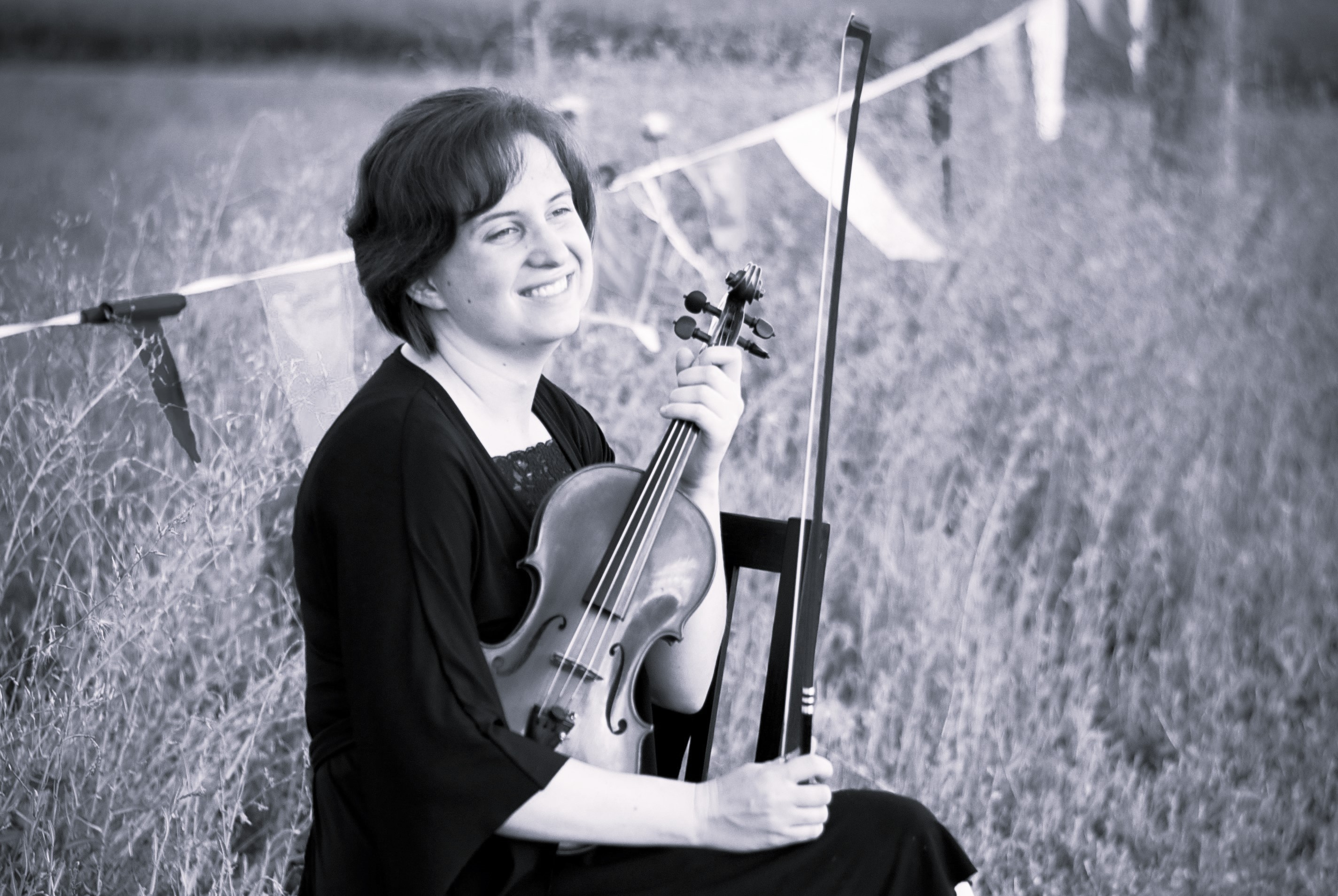
Cami Shaskin
Violin Blog
About
Updates
Quick Access
Archive
2021
Jan
2022 16 - Welcome to My Blog
23 - Violin Teaching Kits
Feb 06 - Valuable Techniques
07 - From the Top
20 - Violin Jokes
Mar 06 - Singing in Orchestra
13 - Nurtured by Love
21 - Helpful Websites
27 - Unique Case Uses
Apr 10 - All About Tone
24 - Teaching Values
May 02 - Believing Teachers?
29 - Our Quartet
Jun 26 - Violin Bridge Tips
Jul 07 - Clever Violin Memes
20 - Horses and Lions
Aug 04 - Music During Covid
16 - Favorite Music
Sep 12 - Being There
Oct 16 - Sight Reading Tips
Nov 05 - Why It's the Frog
Dec 20 - Bach on the Brain
30 - Impact for Life
Jan
Jul
Aug
Oct
Nov
2023 23 - Tendonitis Helps
Feb 21 - An Old Performance
Mar 23 - Cars3 & Coaching
Apr 29 - Preferred Brands
May 27 - Love: A Calling
JunJul
Aug
08 - Music Opens Doors
SepOct
Nov
27 - Useful Analogies
Dec 28 - A Humorous Anecdote
Jan
Feb
May
Jun
Aug
Oct
Nov
2024Feb
15 - Our Commonality
Mar 10 - Extras
18 - Autopilot
AprMay
Jun
06 - Motivation
JulAug
26 - The Ink
SepOct
Nov
26 - Music Copyright
Dec Jan
Mar
Sep
2025 15 - Fame and Fortune
FebMar
14 - Intermission
Apr 18 - A Day in the Life
May 02 - Oops!
Jun 14 - A Science or an Art?
Jul 15 - A Difficult Post
AugSep
20 - Anxiety Interview
Oct 02 - Sounds of Italy
Nov No posts to display.
Dec No posts to display.
Jan
Feb
Aug
2026Feb
No posts to display.
Mar No posts to display.
Apr 17 - Bittersweet Moments
May No posts to display.
Jun No posts to display.
JulAug
No posts to display.
Sep No posts to display.
Oct 31 - My Video Series
Nov No posts to display.
Dec No posts to display.
Jan
07 - Food in Twinkle?
Feb No posts to display.
Mar No posts to display.
Apr No posts to display.
May No posts to display.
Jun No posts to display.
Jul No posts to display.
Aug No posts to display.
Sep No posts to display.
Oct No posts to display.
Nov No posts to display.
Dec No posts to display.
Posts
Raw and Real Recital Reactions
| Love it | Interesting | Inspiring | Want to share |
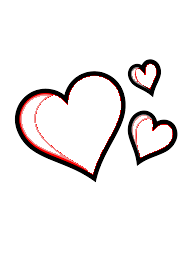 |
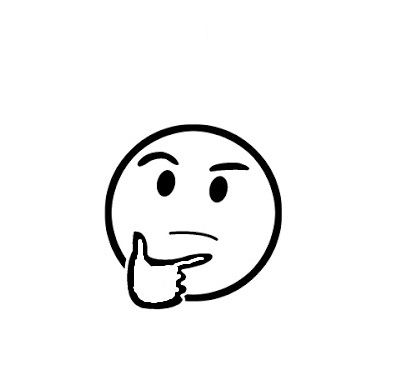 |
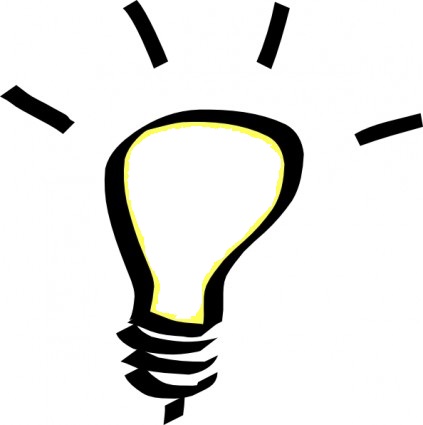 |
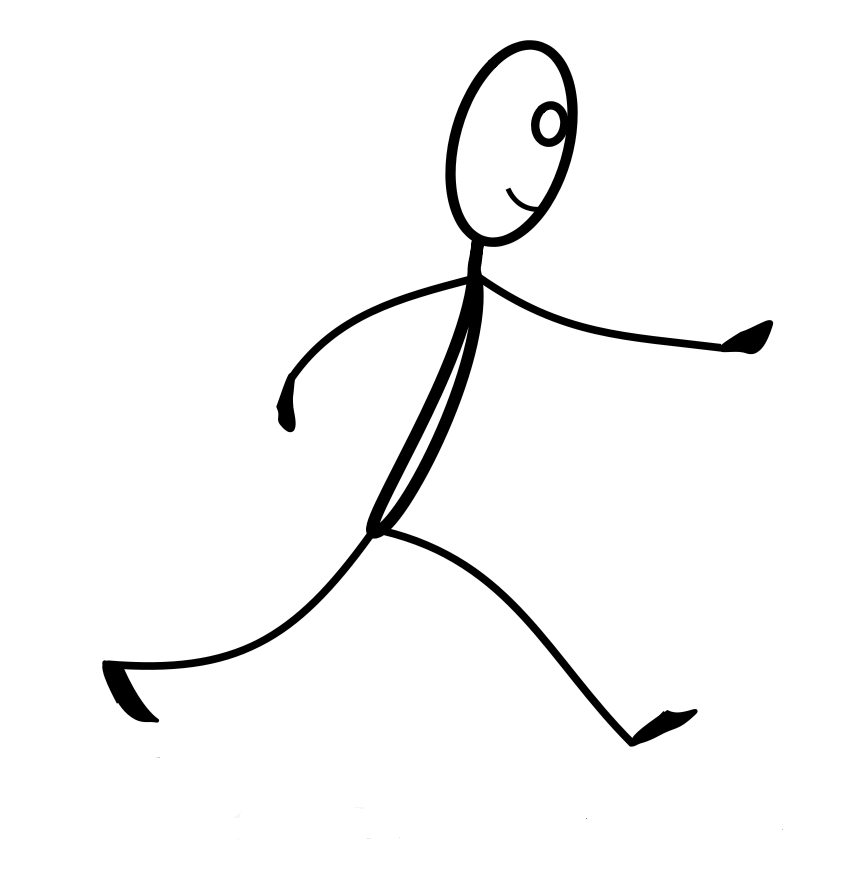 |
| 1 | 0 | 1 | 0 |
Like this post? Link back to it later by copying the URL below.
© 2021-2026 All Rights Reserved
This content has been proven to be completely dairy-free, gluten-free, sugar-free, and made from code not treated with rBST. No animals were harmed in the making of this blog. The views presented do not necessarily represent the views of Ms. Shaskin's neighbors, kin, the U.S. government, or a mysterious worldwide network of musicians. Any reproduction, retransmission or reposting of content without crediting the author (basically me) is prohibited. Free Wi-Fi not included. If this is a life-threatening emergency, close your browser and dial 911.



